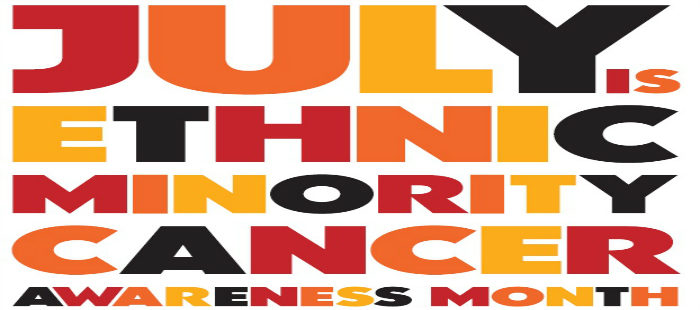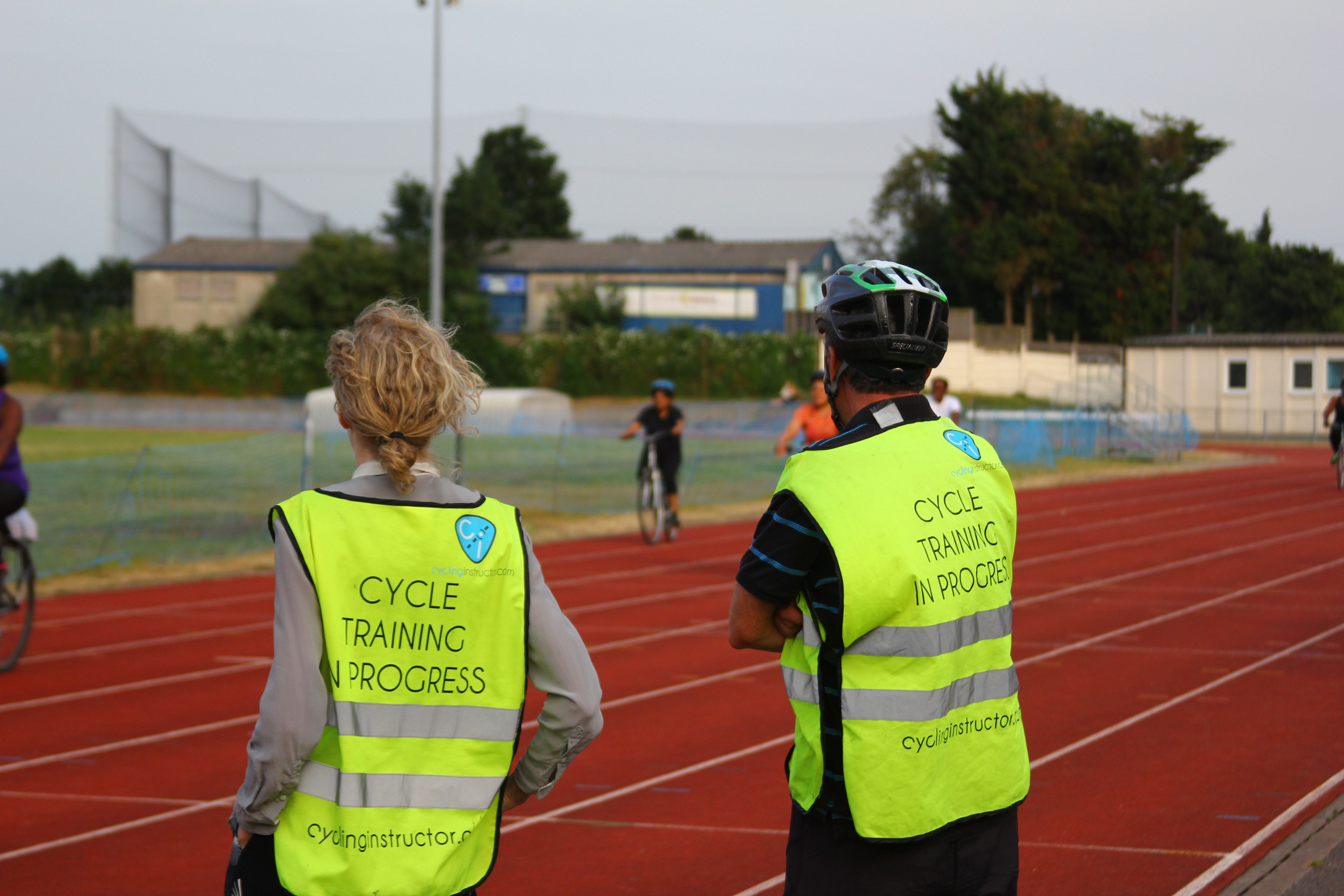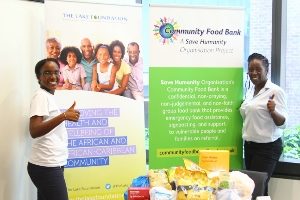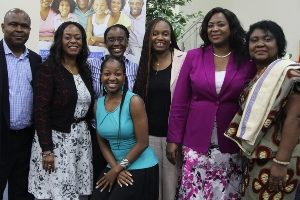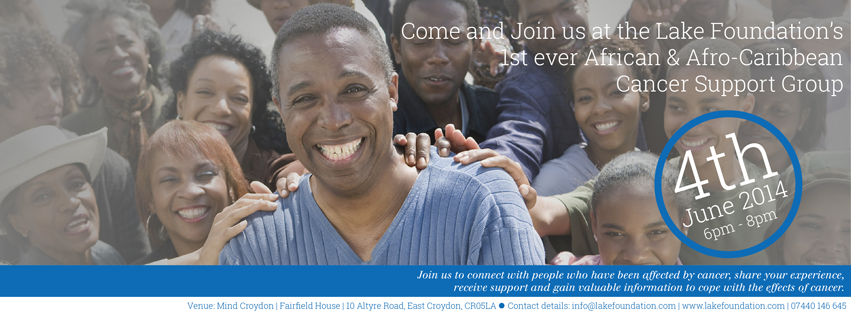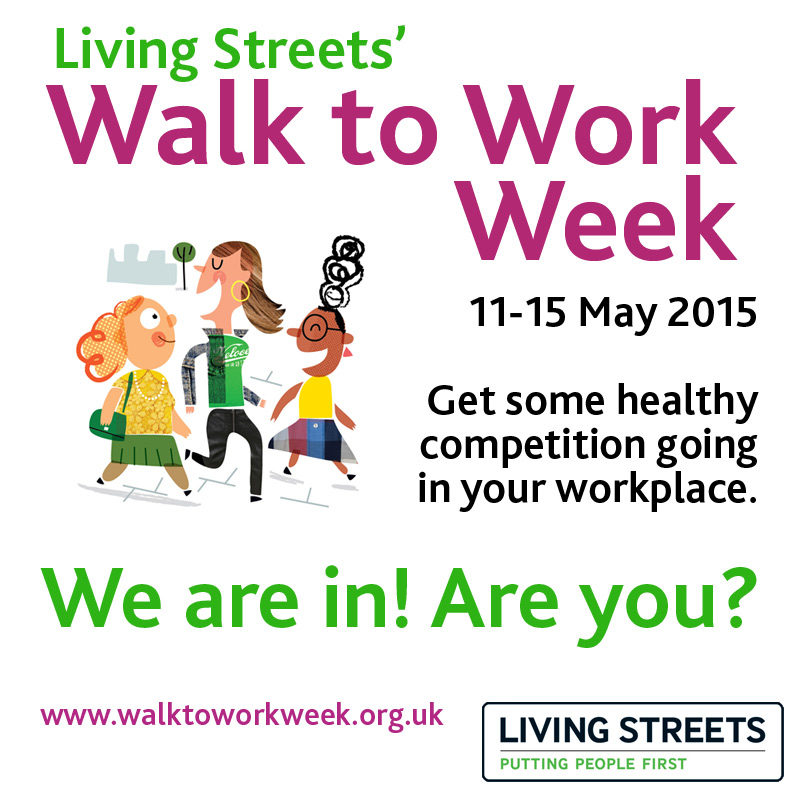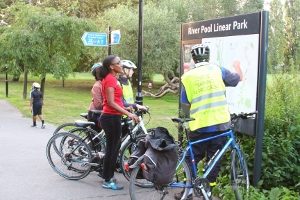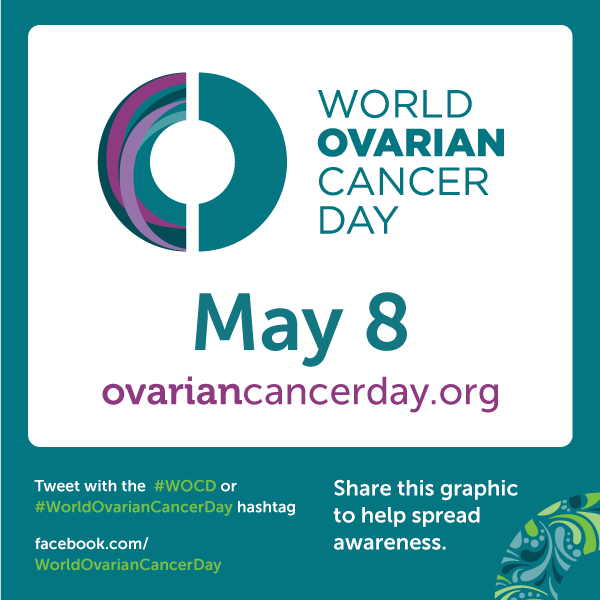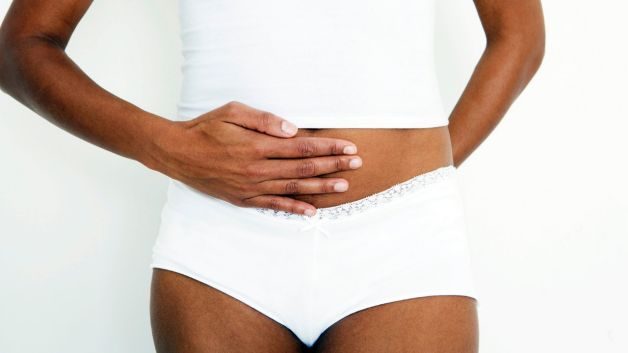It’s Ethnic Minority Cancer Awareness Month (EMCAM)
July is Ethnic Minority Cancer Awareness Month (EMCAM) in the UK giving us the prefect opportunity to focus on how the black community is affected by cancer and to raise awareness within our community. Overall the black community is slightly less likely to develop cancer than the white population but there are some cancers that are of particular concern. These are:
- Prostate cancer – black men are two times more likely to develop prostate cancer than white men
- Cervical cancer – black women over the age of 65 are more likely to develop cervical cancer than their white counterparts
- Myeloma – the black community is 2-3 times more likely to develop myeloma, develop it at a slightly younger age and have poorer survival rates.
- Breast cancer – black women although less likely to develop breast cancer than white women are more likely to die from it and black women tend to develop breast cancer at a younger age than white women
In addition to this, research over the years has found that awareness of symptoms and uptake of cancer services, such as cancer screening, is lower in the black community. This leads to many black cancer patients being diagnosed at a late stage when their cancer is harder to treat, leading to lower cancer survival rates. We can change this by increasing awareness, taking prompt action if we notice symptoms and taking part in the breast, bowel and cervical cancer screening programmes.
This Year’s Ethnic Minority Cancer Awareness Month (EMCAM)
This year EMCAM is focusing on raising awareness of bowel cancer and the importance of screening. Bowel cancer is the fourth most common cancer in the UK with over 33,000 new cases diagnosed every year and it is more common in people over the age of 50. If caught early this cancer can be treated very successfully therefore screening and being aware of the symptoms is very important.
Bowel Cancer Screening
In the UK, everyone aged 60-74 is invited to take part in the bowel screening programme but participation is very low with only 50-60% of 60-74 year olds taking part. We encourage everyone to take part; it a very simple and straightforward process. Sample collection takes place in the comfort of your own home and you can simply send your samples off in a freepost envelope. For more information on bowel screening please click here.
The Symptoms of Bowel Cancer
The symptoms of bowel cancer are:
• Bleeding from your bottom and/or blood in your faeces
• A change in bowel habit lasting for 3 weeks or more (constipation or diarrhoea)
• Unexplained weight loss
• Unexplained fatigue
• Persistent tummy pain
• A lump in your tummy
If you are experiencing one, some or all of these symptoms and they aren’t going away, don’t panic, your symptoms could be due to a number of reasons, but do visit your doctor to rule out bowel cancer.
Learn More About Bowel Cancer This Month
Bowel Cancer UK, the Department of Health and community groups across the UK are working together to host free bowel cancer information sessions and below are the dates and locations of these events.
Friday 17th July – Age UK – 81 Brigstock Road, Thornton Health, CR7 7JH – 12 noon
Monday 20th July – The Sugar Group
Tuesday 21st July – CVA Resource Centre – 82 London Road, CR0 2TB – 12 noon
Saturday 25th July – Croydon BME forum – 387 London Road, CR0 3PB – 12 noon
Sunday 26th July – BAPS Shri Swaminarayan Temple – 75 Pitmaston Road, Hall Green, Birmingham, B28 9PP – 1pm
Monday 27th July – Pannel Croft Village – Pannel croft Newtown Birmingham B19 2YD – 2pm.
Wednesday 29th July – Wai Yin Chinese Elderly Group
For more information about bowel cancer please visit Bowel Cancer UK’s website.







